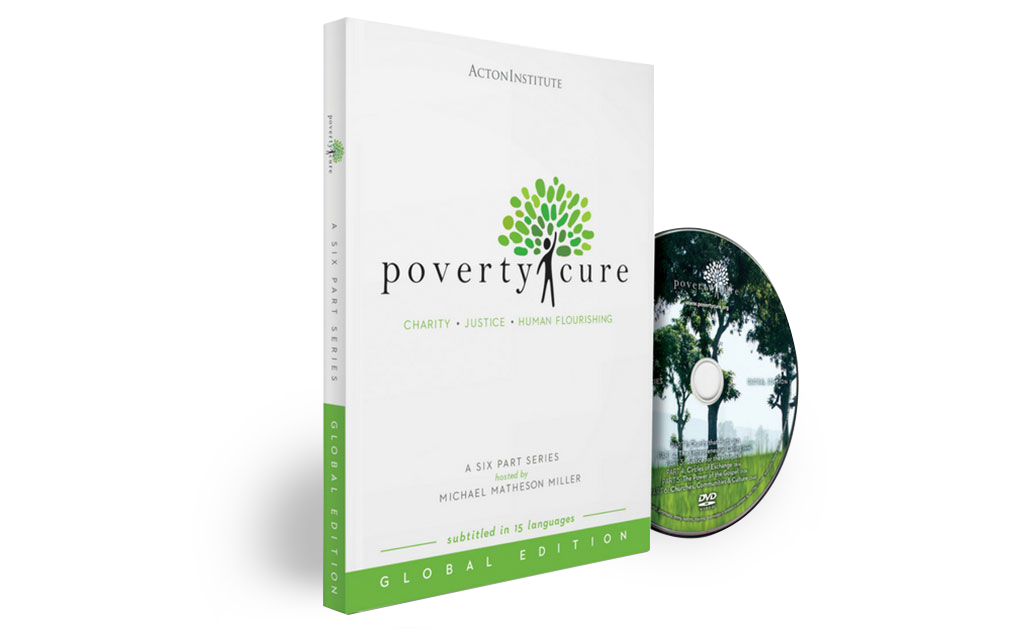Wealth Creation
Wealth is produced when creative human beings devise new or more efficient ways to meet the wants and needs of others. The invention of the internal combustion engine, for example, combined with technology for extracting and refining crude oil, turned a previously worthless, sticky substance, into an immensely valuable resource, “black gold.” Its use, in turn, enabled people around the globe to travel and deliver goods farther, more quickly and more economically than ever before.
Such improvements have allowed the world’s population to grow exponentially while simultaneously decreasing the proportion of that population living in poverty. This could not have been possible if global wealth were a zero-sum game.
Policy Implications
Despite the obvious promise of wealth creation and the fallacy of zero-sum thinking, many popular policies reflect zero-sum-game thinking. For example, some believe that rich nations must have acquired their wealth only by exploiting others and, therefore, this imbalance should be redressed by transferring aid from rich nations to poor ones. Unfortunately, such top-down foreign aid strategies have a poor track record of success, and often do more harm than good. What has proven successful, however, is fostering the conditions (e.g., property rights, the rule of law, the freedom to enter into wider networks of productivity and circles of exchange, a culture of entrepreneurship) that lead to increased wealth creation for rich countries and poor countries alike.
A Brief History of Zero-Sum Thinking
It is, of course, foolish to ignore the challenges of a growing world population, but more widespread by far is an excessively stingy view of human ingenuity and productivity. The idea that our planet’s wealth is a fixed pie has been proven wrong over and over again. Would-be prophets consistently underestimate the capacity of human beings to innovate and create new forms of wealth. Below are just four examples of doomsday thinking encouraged by a zero-sum-game mindset:
- “When our coal mines are exhausted, the prosperity and glory of this flourishing and fortunate island are at an end. Our cities and great towns must then become ruinous heaps …; and the future inhabitants of this island must live like its first inhabitants, by fishing and hunting.” John Williams, Natural Survey of the Mineral Kingdom, 1789
- “There is no probability that when our coal is used up any more powerful substitute will be forthcoming.” W. Stanley Jevons, The Coal Question, 1865
- “American oil supplies will run out in 13 years.” U.S. Department of the Interior, 1939
- "The world as we know it will likely be ruined before the year 2,000…. World food production cannot keep pace with the galloping growth of population.” The Environmental Fund, 1975
- “I would take even money that England will not exist in the year 2000.” Paul Ehrlich, 1970
Overcoming the Zero-Sum Mindset
The zero-sum fallacy is rooted in a pessimistic and, often materialistic, view of human beings as consumers. But a view enriched by economic history and theology positions human persons not merely as mouths devouring the Earth's resources, but as productive gardeners and sub-creators imprinted with God's divine creative spark. While God alone can create ex nihilo, Scripture reveals to us with clarity our responsibility to participate in the creative process of cultivating His garden bringing forth from it new fruits. "Be fruitful," God says to Adam. As we see in the Parable of the Talents, and indeed throughout Scripture, this mandate entails more than the mere management of existing resources but also the production of valued goods and services i.e. wealth creation (where "wealth" is not measured by mere dollars and cents).


